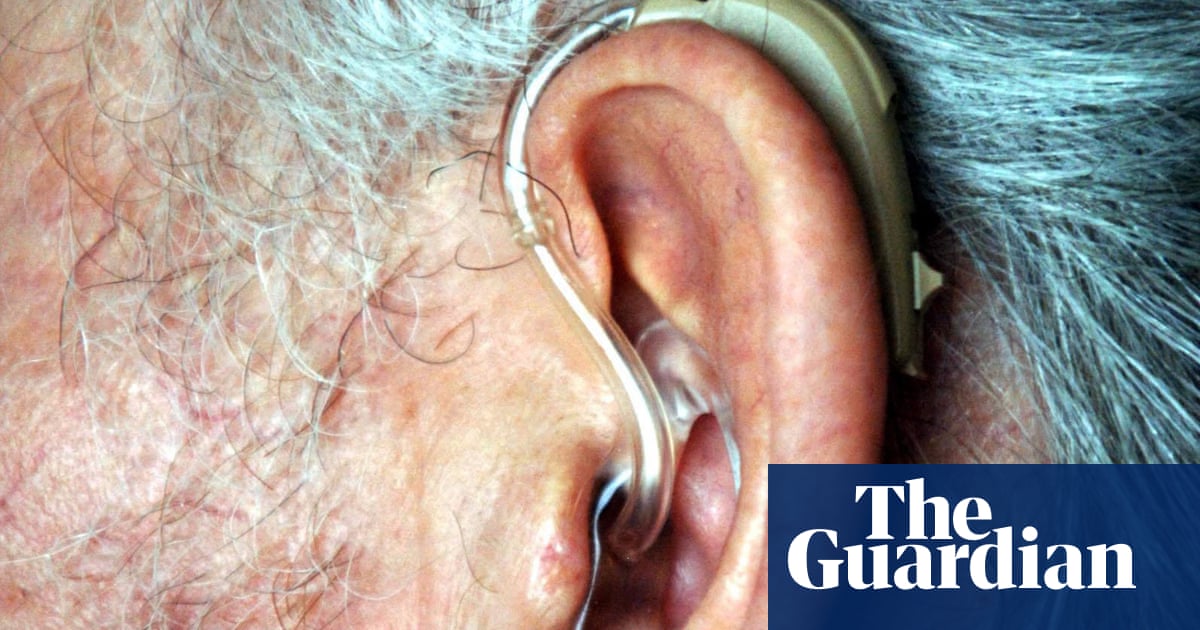
Exposure to noise from road traffic and railways is associated with an increased risk of dementia, according to the largest study of its kind.
Research has consistently linked transport noise to health conditions including heart disease, diabetes and obesity, but studies on transport noise and dementia were scarce and small, and findings inconsistent.
Now an “impressive” study involving two million adults, conducted over more than a decade, has concluded that people living in areas with transport noise face a higher risk of dementia, especially Alzheimer’s disease. The findings were published in the BMJ.
Researchers investigated the association between long-term residential exposure to road traffic and railway noise and the risk of dementia among two million adults aged over 60 and living in Denmark between 2004 and 2017. The level of exposure at the most- and least-exposed sides of buildings was estimated for every residential address in the country.
After taking account of potentially influential factors related to residents and their neighbourhoods, the study concluded that as many as 1,216 out of the 8,475 cases of dementia registered in Denmark in 2017 could be attributed to transport noise.
Of those, “the diagnosis in an estimated 963 patients was attributed to road traffic noise, and in 253 patients to railway noise”.
“In this large nationwide cohort study, we found transportation noise from road traffic and railways to be associated with an increased risk of all-cause dementia and dementia subtypes, especially Alzheimer’s disease,” the researchers wrote.
Generally, they said, a pattern of higher risk with higher noise exposure was discovered. “If these findings are confirmed in future studies, they might have a large effect on the estimation of the burden of disease and healthcare costs attributed to transportation noise,” they said.
Dementia is one of the world’s biggest health challenges. Globally, the number of people living with it is expected to exceed 130 million by 2050. Besides well established risk factors, such as unhealthy lifestyles, experts increasingly believe environmental factors may play a role in the development of dementia.
Previous research has linked air pollution to dementia risk, but in this study, researchers found a separate connection between transport noise and dementia.
The findings suggested it may be possible to slash the burden of dementia by tackling traffic noise, the researchers said. “Expanding our knowledge of the harmful effects of noise on health is essential for setting priorities and implementing effective policies and public health strategies focused on the prevention and control of diseases, including dementia,” they said.
Possible explanations for why noise may affect health include the release of stress hormones and sleep disturbance, which lead to heart disease, changes in the immune system and inflammation – all of which are seen as being linked to the onset of dementia.
The study was observational so did not establish cause, and it had a number of limitations, such as a lack of information on sound insulation in homes that may affect exposure to noise. However, its strengths included its large size, long follow-up time, and high-quality assessment of noise exposure.
Dr Ivan Koychev, a dementia expert and senior clinical researcher at the University of Oxford, who was not involved in the investigation, described it as a “good-quality study”.
He added: “The results are strengthened by the authors controlling for levels of traffic pollution, which was recently shown to be associated with dementia as well as other diseases.”
Prof Timothy Griffiths, a professor of cognitive neurology at Newcastle University, who also did not take part in the research, said it was “an impressive, large epidemiological study” that “begs the question of why the noise exposure is relevant to dementia”.
The widespread exposure to noise, and limited tools available to help people protect themselves, support the World Health Organization’s argument that “noise pollution is not only an environmental nuisance but also a threat to public health”, US researchers wrote in a linked editorial in the BMJ.
“Reducing noise through transportation and land use programs or building codes should become a public health priority,” they said.
Dr Rosa Sancho, the head of research at Alzheimer’s Research UK, said the best way to maintain brain health was to stay physically and mentally active, eat a healthy balanced diet, and keep your weight, cholesterol and blood pressure in check.












